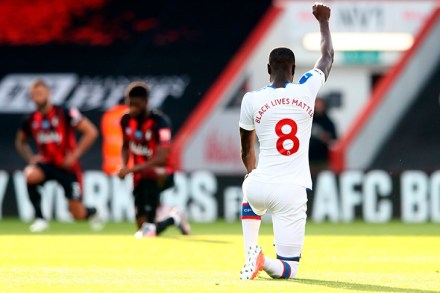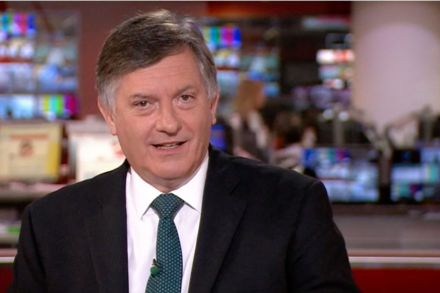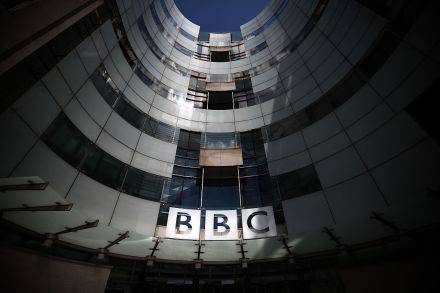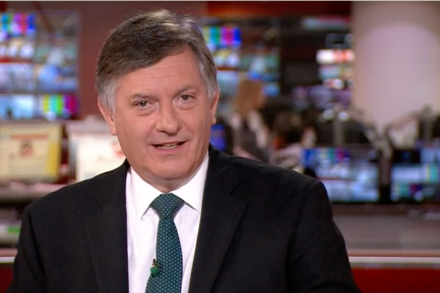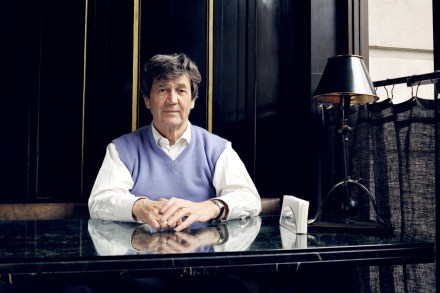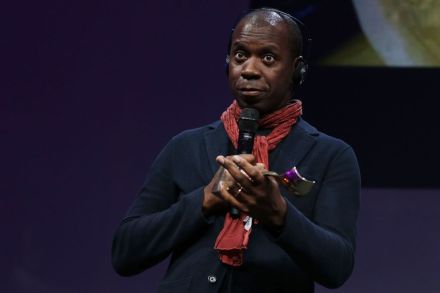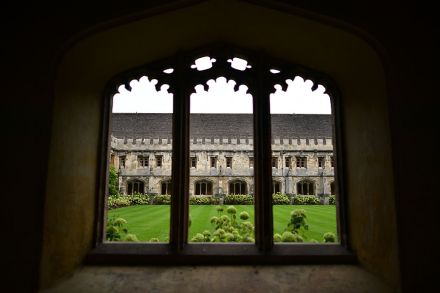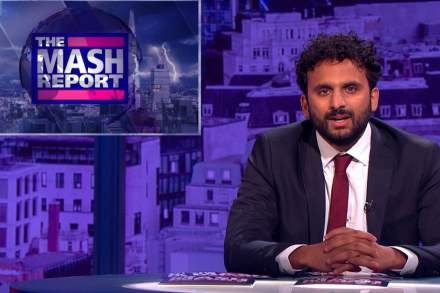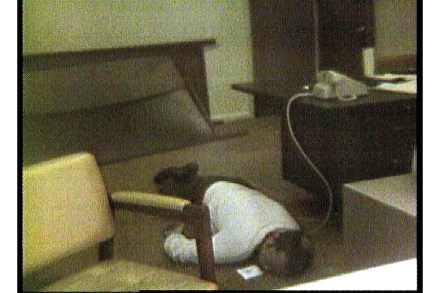The strangeness of Britain’s BLM mania
The conviction of Derek Chauvin for the murder of George Floyd makes last summer’s Black Lives Matter mania in British institutions look even stranger. The British Museum, Oxbridge colleges, Sir Keir Starmer, football teams, government departments, Kew Gardens, the National Trust and numerous corporations indulged in various forms of self-abasement. Some ‘took the knee’. At the Ministry of Defence, the permanent secretary, Sir Stephen Lovegrove, broke professional political impartiality by emailing his staff about the ‘deep roots’ of ‘systemic racial inequality’ in Britain, and signing off with a BLM hashtag. He was subsequently promoted to be the UK National Security Adviser. It was never clear why, among the many dreadful
